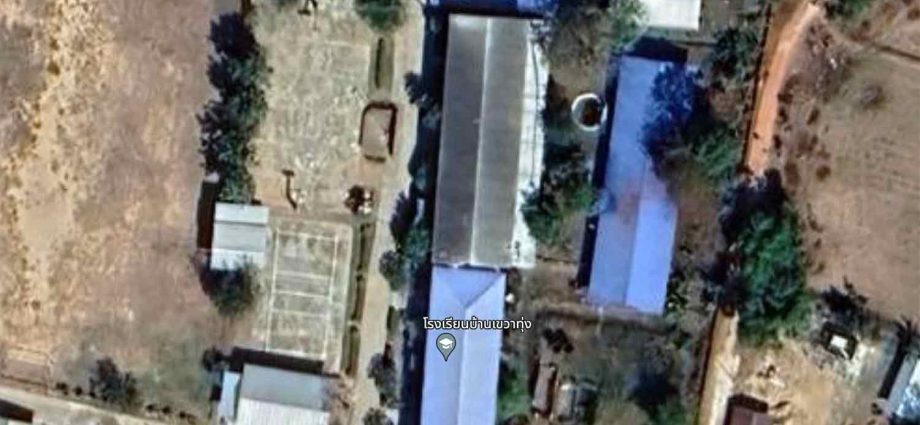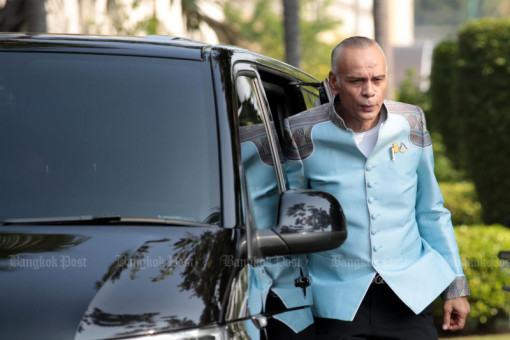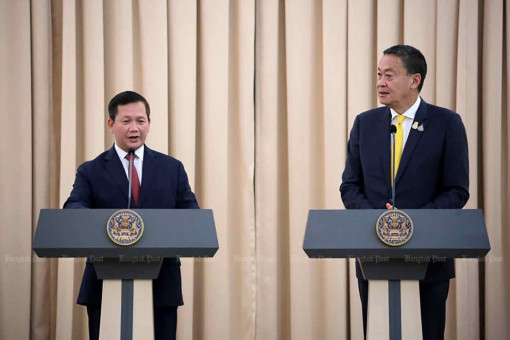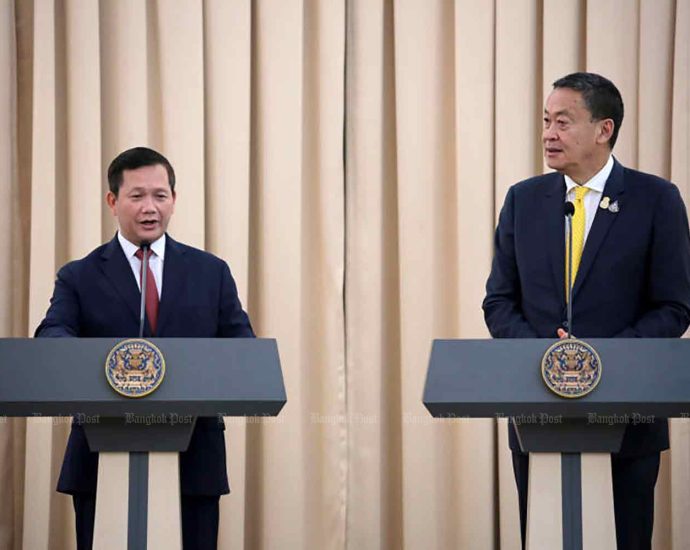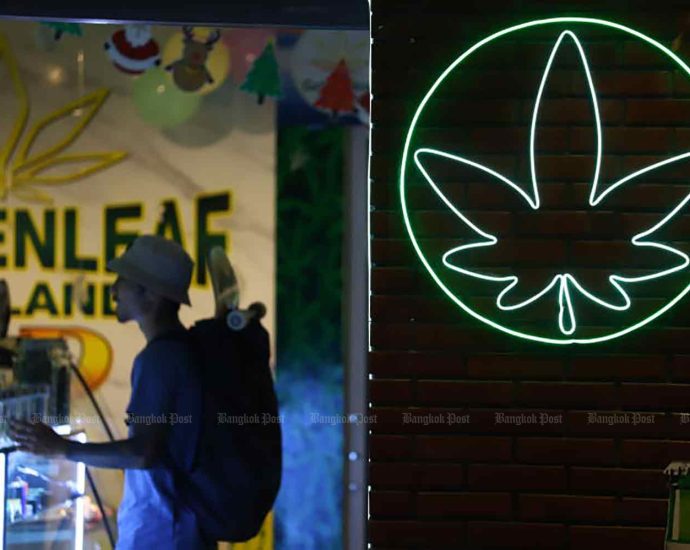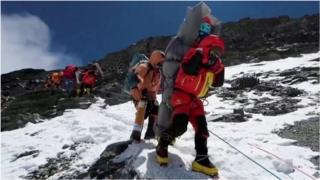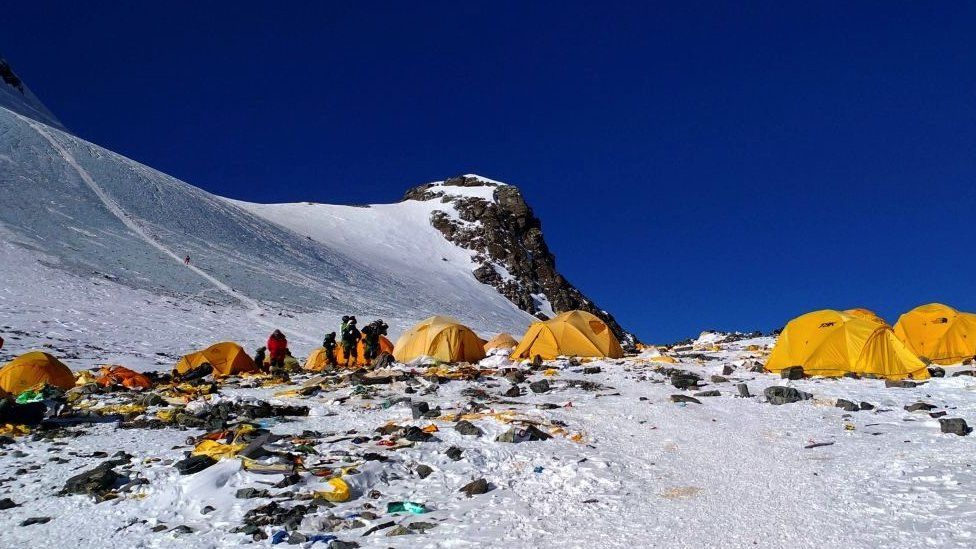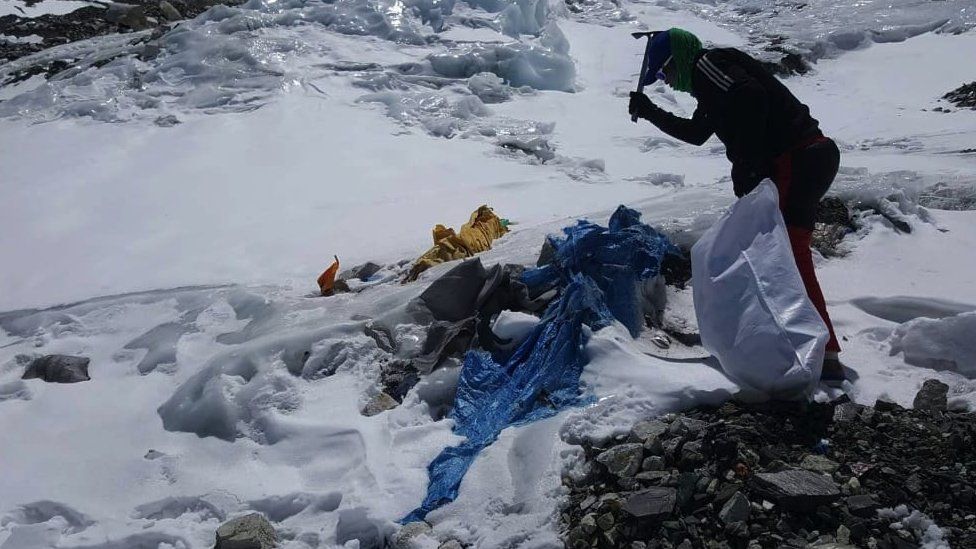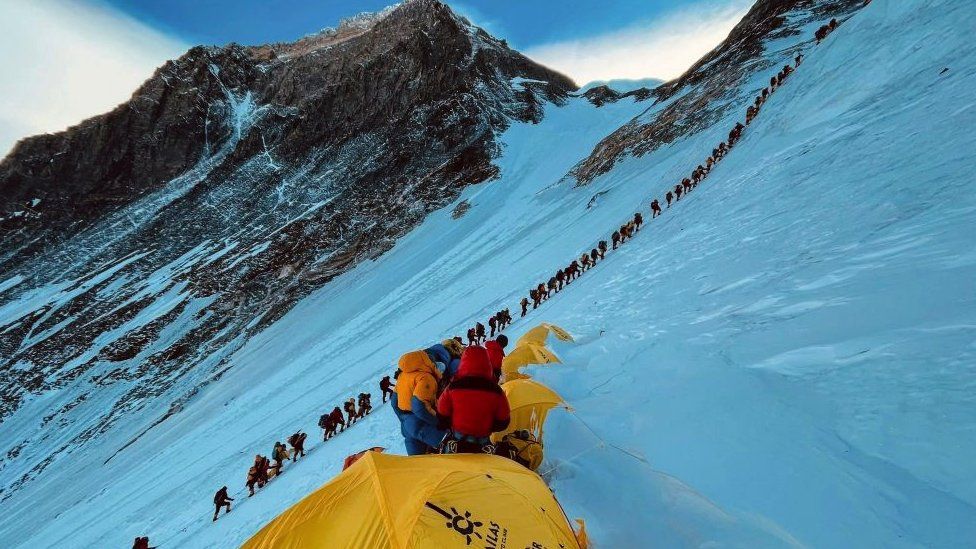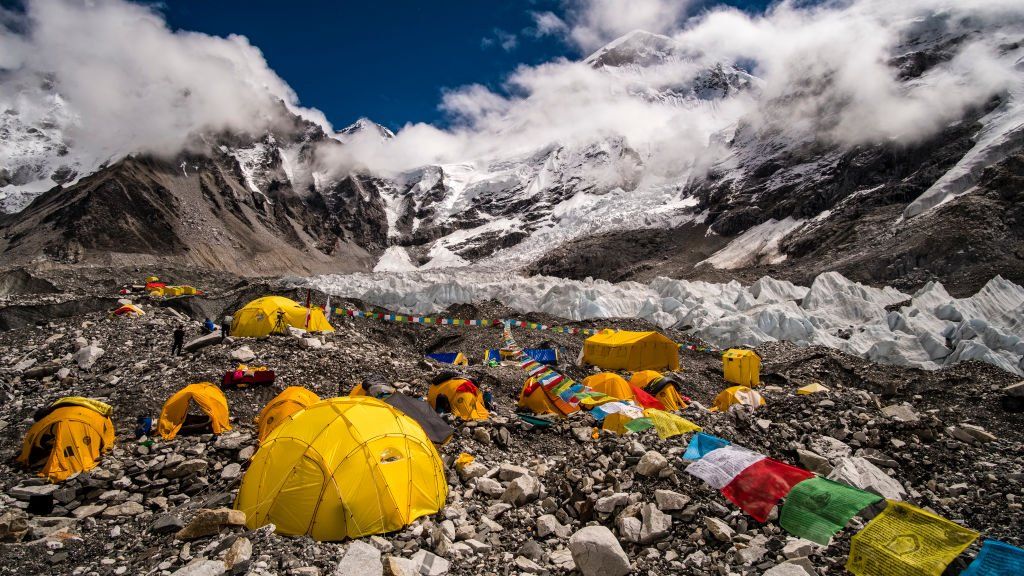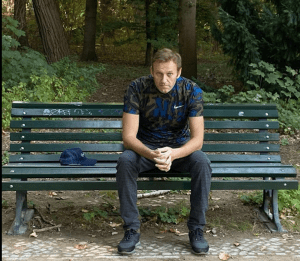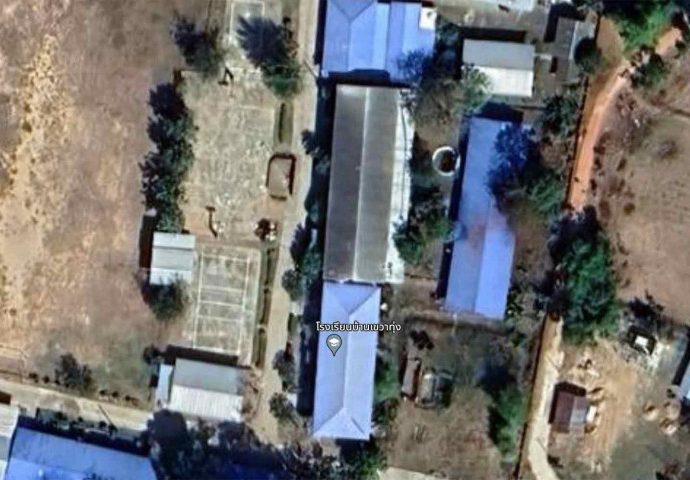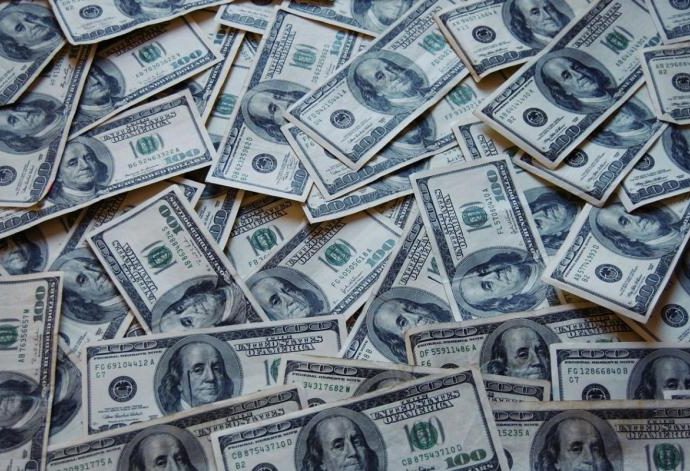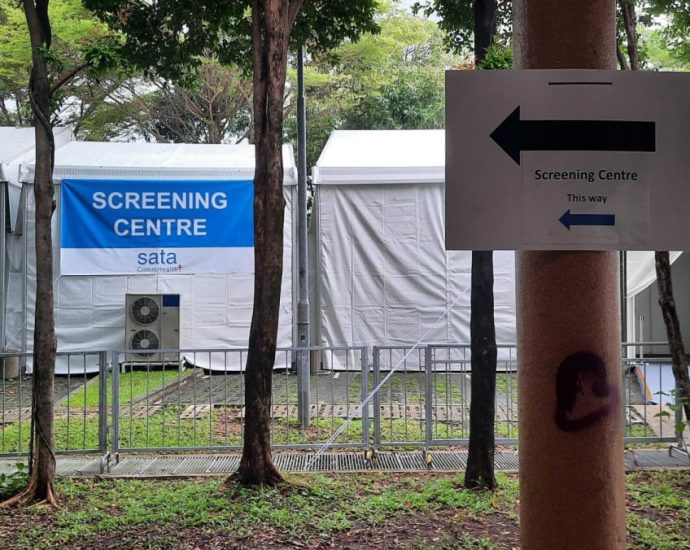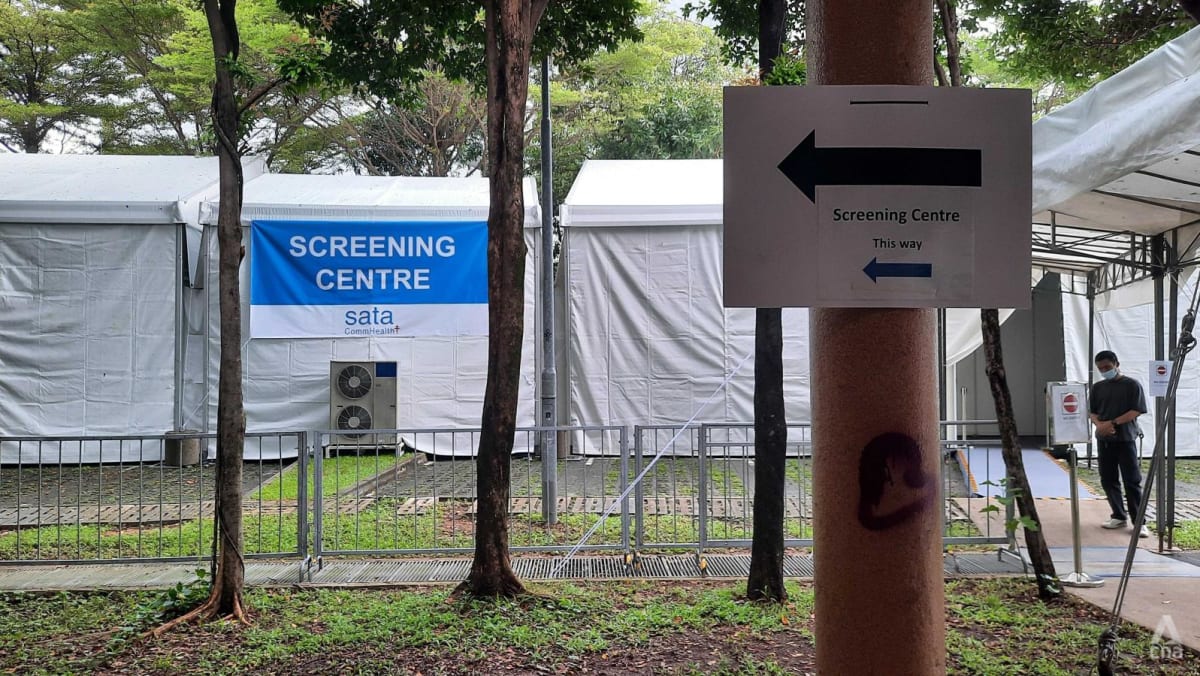Gunman surrenders after releasing students, teachers
PUBLISHED : 8 Feb 2024 at 19:12
UPDATED : 8 Feb 2024 at 20:26

MAHA SARAKHAM: After hours of negotiation, police successfully persuaded a gunman to surrender after he had earlier released hostages, including his ex-girlfriend, at a school in this northeastern province on Thursday.
The 36-year-old man, identified only as Akarawat, entered Khaothung School in tambon Pan An of Phayakkhaphum Phisai district around noon, police said.
Witnesses reported that the man had a conversation with his former wife, who is a teacher, in the school. The meeting happened about two months after their breakup. Their four-year-old child was also at the scene.
A quarrel ensued, leading the man to leave the teacher’s room and fire a gunshot into the air.
Other teachers told about 140 students to take cover, and only the woman teacher and her child were left in her room.
About an hour later, police managed to convince the gunman to release all children and teachers, including his ex-wife and child.
However, despite hours of negotiation by police and his relatives, the man, originally from Buri Ram’s Satuk district, remained on the second floor of the school, firing his gun and adamantly refusing to surrender.
After about five hours of negotiation, police arrested the man at about 4.45pm.
Khaothung is a school catering to kindergarteners, pupils and junior secondary school students.

